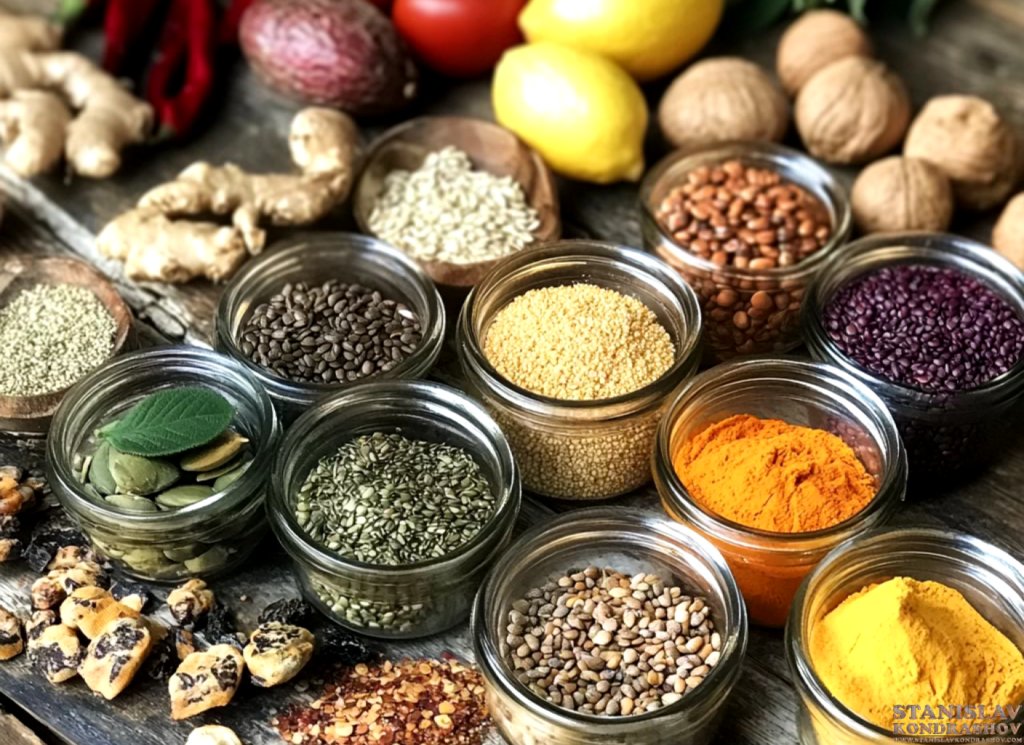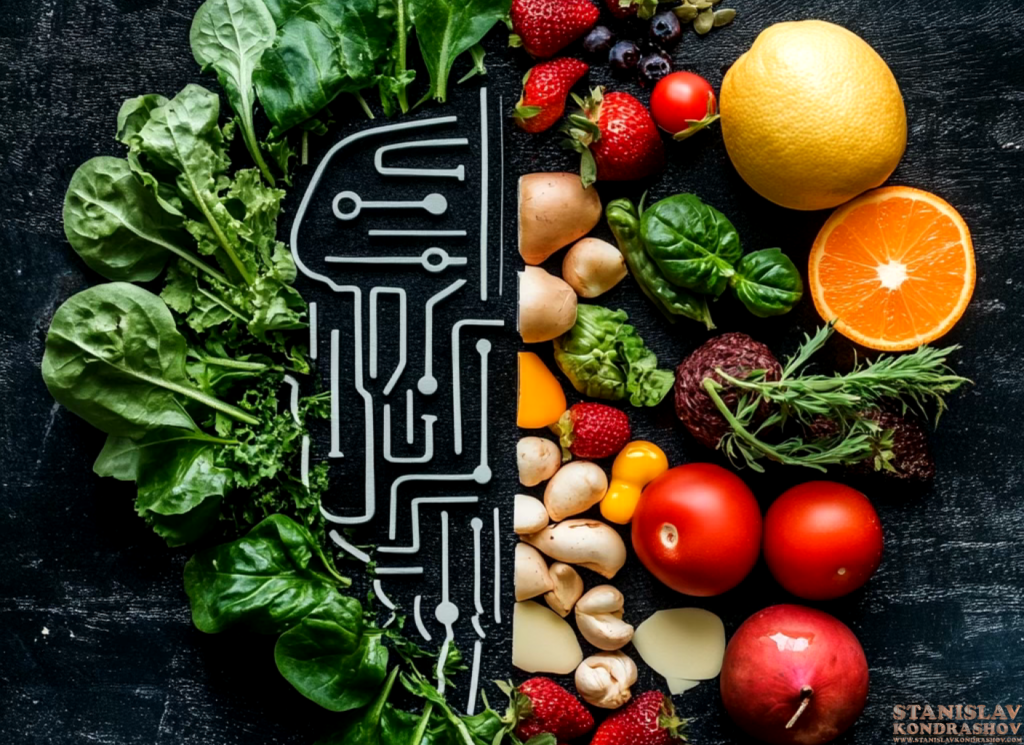As we continue to explore the potential of artificial intelligence (AI) in various sectors, personalized nutrition has emerged as one of the most exciting and transformative areas. No longer are we constrained by generic diet recommendations that may or may not work for everyone. AI-driven personalized nutrition is changing the game by crafting highly individualized dietary plans based on a person’s unique health data, genetic makeup, lifestyle, and even day-to-day fluctuations in mood or activity levels. This technological shift brings a new level of precision and flexibility to how we manage our diets and overall well-being.

What Is AI in Personalized Nutrition?
At its core, AI in personalized nutrition uses machine learning algorithms and data analytics to process vast amounts of health-related information. This can include genetic data, daily activity, food preferences, and even stress levels. These AI systems then produce tailored dietary plans designed to optimize each individual’s health and fitness goals. Whether someone is looking to lose weight, increase muscle mass, or manage chronic conditions like diabetes, AI offers a highly specific and adaptable approach to nutrition.
Traditionally, dietary advice has been based on broad generalizations: eat more fruits and vegetables, avoid processed foods, or follow a specific diet trend. While this advice can benefit a general population, it doesn’t account for individual variations in metabolism, genetic predispositions, or personal preferences. AI, however, can offer a more detailed and dynamic approach by analyzing specific biomarkers, such as a person’s genetic predisposition to certain conditions, or their unique metabolic response to various foods.
How AI Personalizes Your Diet
The process starts by gathering data—lots of it. AI systems can pull from genetic tests, bloodwork, lifestyle tracking (such as data from wearables), and even microbiome analyses to understand the nuances of your body. This information is processed by machine learning algorithms that analyze patterns and correlations across your personal data set and broader data pools from scientific research.
Once the data is processed, the AI generates dietary recommendations specifically tailored to your needs. If you’re lactose intolerant, for example, the AI will avoid dairy-based products while suggesting alternatives that meet your calcium requirements. If you’re an athlete, the AI might suggest a higher intake of certain nutrients like protein and complex carbohydrates to support muscle recovery and energy levels.
These recommendations are continually refined as more data is gathered. For instance, as you log your meals or track your energy levels, the AI adjusts its suggestions in real-time. If it notices you’re feeling sluggish after a particular meal, it may recommend adjusting your macronutrient balance. This dynamic approach makes it possible for the AI to support long-term health goals with continuously updated advice.

The Science Behind AI’s Nutritional Insights
AI-driven personalized nutrition taps into several scientific domains, including genomics, bioinformatics, and systems biology. Genomic data allows the AI to account for individual variations in how your body processes certain nutrients. For example, some people have a genetic variation that affects their ability to metabolize caffeine or gluten. By analyzing these genetic markers, AI can recommend diets that minimize potential health risks while optimizing nutrient absorption.
AI also pulls from databases that contain information about thousands of different foods, their nutritional content, and their effects on the body. This allows for an incredibly granular level of meal planning, ensuring that every aspect of your diet is fine-tuned for your specific needs. If your goal is to boost your immune system, for example, the AI might emphasize foods rich in antioxidants and vitamins. If weight loss is your objective, the AI could focus on reducing your caloric intake while ensuring you’re still getting essential nutrients.
Continuous Adaptation: The Future of Diet Management
One of the most powerful features of AI-driven nutrition is its ability to adapt continuously. Unlike traditional diet plans that remain static, AI-powered systems adjust recommendations in real-time as your body and lifestyle change. This makes it possible for individuals to manage their health more effectively over time.
For example, if you begin a new exercise regimen or experience shifts in your stress levels, the AI will adjust your dietary plan accordingly. If you’re trying to lose weight but have a particularly active week, the AI might suggest increasing your calorie intake to match your increased energy expenditure, preventing fatigue or burnout. Similarly, if you fall ill, the AI could recommend specific foods known to support immune function, helping your body recover faster.

Beyond Diet: A Holistic Approach to Health
AI in personalized nutrition doesn’t just stop at what you eat. It integrates multiple aspects of your well-being, providing insights into how sleep patterns, stress levels, and even emotional health intersect with your diet. For instance, if the AI detects a correlation between stress and poor eating habits, it might recommend mindfulness techniques, relaxation exercises, or changes in your eating environment to promote healthier habits.
This holistic approach is especially important in managing chronic conditions. For those with diabetes, hypertension, or other long-term health issues, AI can help optimize diet to keep symptoms in check. By continually analyzing how different foods and lifestyle factors impact your condition, the AI makes real-time adjustments to your dietary recommendations, improving your quality of life.
AI: The Key to Personalized Wellness
AI-driven personalized nutrition isn’t just a trend; it’s a significant advancement in how we approach health and wellness. As we gather more data and refine AI algorithms, the future will likely see even more sophisticated nutritional plans that account for a wider range of health factors. This is particularly exciting for people who want a personalized, flexible, and scientifically-backed approach to their health goals.
With AI as a powerful ally, managing your diet and overall health can become more efficient, more targeted, and ultimately, more effective.
By Stanislav Kondrashov



